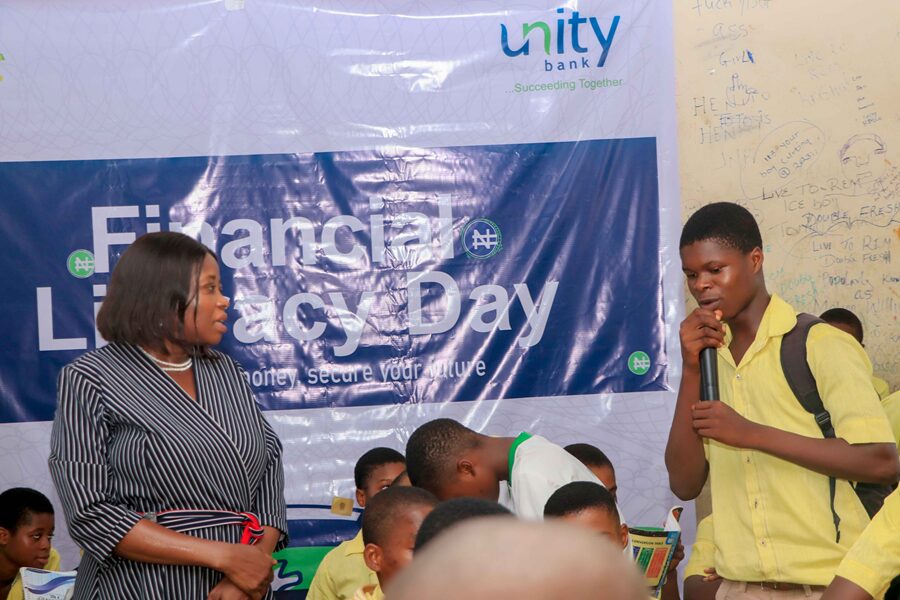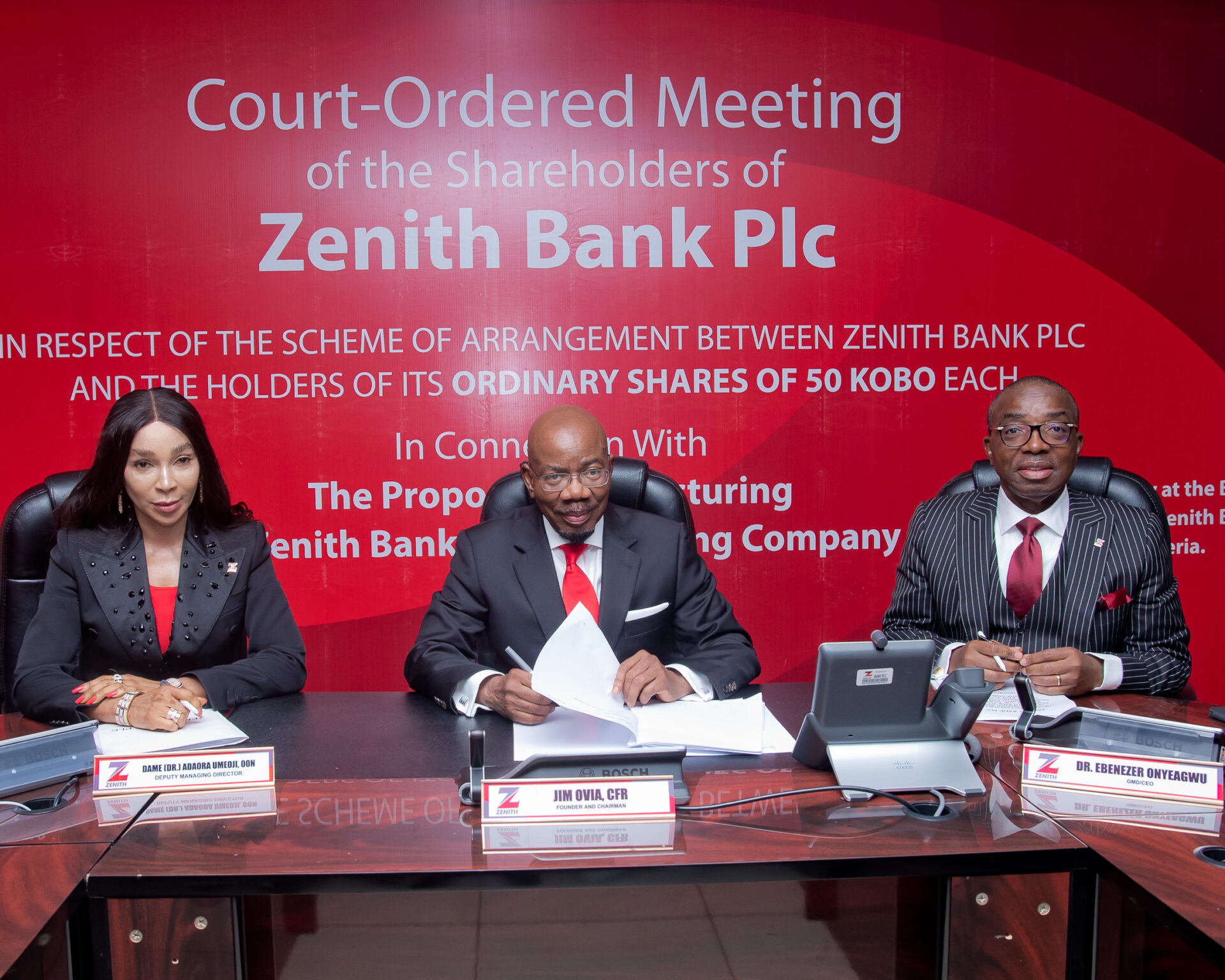- With Weak Appetite for Bonds, Foreign Investors Embrace Treasury Bills
Nigeria’s investment climate recorded a mixed performance in the month of August in line with global trends. A review of the different segments of the markets where investors staked their funds showed that foreign investors have continued to dump the FGN Bond as a result of persisting risk-off sentiments across emerging markets. Nevertheless, the best investment option in August was treasury bills where a reasonable gain was made by investors while outright losses were recorded in the equities market. Bamidele Famoofo reports
Global
Returns across global markets in the eighth month were mixed with the US market posting solid gains. Investors in the Euro area recorded losses, and mixed returns emanated from Asia.
Cordros Research review of the month indicated that US benchmark indices – DJIA (+2.16 per cent) and S&P 500 (+3.03 per cent) – closed the month positive, as investor sentiment was broadly positive during the period. Positive economic data, such as the revised estimates of US GDP – which showed that a higher than expected annual growth of 4.2 per cent was recorded in Q2-18, vs. 4.1 per cent previously estimated — contributed positively to market sentiment. Also, earlier optimism on the resolution of the US-China trade rifts earlier in the month, although short-lived, contributed to positive sentiments. Furthermore, on trade, progress was made by the Trump administration on its intention to replace the North American Free Trade Agreement, following talks with Mexico and optimism surrounding Canada. These offset the impact of selloffs which ensued, following commentary by Fed’s Powell on coming rate hikes.
While investments in the US were upbeat, proceedings turned negative in the Euro area, with the FTSE 100 and the Euro Stoxx 50 indices dropping by 4.08 per cent and 3.76 per cent, respectively. The FTSE 100 closed the two halves of the month negative (H1: -2.45 per cent; H2: -0.85 per cent) while the Euro Stoxx 50 closed negative in the first half (-4.33 per cent) and was up marginally in the second by 0.48 per cent. Jitters surrounding trade talks, worries over the likely contagion effect of Turkey’s currency (lira) meltdown, as well as the hike in interest rates by the Bank of England, weighed on investor sentiment and outweighed the impact of positive economic data, as well as optimism of around positive outcome of Brexit talks.
Losses resurfaced in the emerging market, as China, Brazil, Nigeria, Morocco had their share of the pains. India and Kenya however registered gains at 2.76 per cent and 1.07 percent respectively.
Equities Market
Investors in the equities market recorded losses in August, as the benchmark index dropped 5.86 per cent to 34,848.45 points, resulting in a year-to-date loss of 8.88 per cent. The ASI dropped below the 35,000- mark for the first time since September 2017, following significant sell-offs by foreign investors, absence of positive market triggers and disappointing economic data release (particularly in the GDP data, wherein a contraction in the oil sector led to slower pace of growth). Other factors identified by analysts that influenced performance of the economy in the review period include improved yields in fixed income market (which created a more attractive alternative investment for investors), and news of the apex bank’s fine on four banks for “illegally” repatriating funds on behalf of telecommunications company MTN Nigeria, which led to sell pressure in the listed banks.
Similar to the previous month, all sectors indices closed in the red, with the Banking (-8.64 per cent) index posting the largest loss, followed by the Consumer Goods (-6.84per cent), Industrial Goods (-6.35per cent), Insurance (-5.99per cent), and Oil Gas (-5.69per cent) indices. Further on the negatives, total volume and value of trades in the month was 19.16per cent and 8.35per cent lower than the previous month, at 5.40 billion units and N66.92 billion respectively. Also, market breadth was negative, by a wide margin, with 78 losers and 17 gainers, led by NSLTECH (-50.00per cent) and NIGERINS (+69.23per cent) respectively.
Foreign Portfolio
The NSE’s recent foreign portfolio investor activity report for July showed that the total transactions done by foreign investors dropped by 64.68 percent to N36.17 billion as against N102.41 billion in the previous month. Also, foreign players’ proportion of total trades on the exchange dropped to 24.76 per cent, from 54.54 per cent in the previous month, which is also well-below the monthly average of 50.47 per cent (ex-August) recorded so far this year. However, it is worth stating that inflow of N19.83 billion was recorded during the review period, against N16.34 billion worth of outflows recorded in June. Analysts have attributed the declining performance of foreign players in the local market to the meltdown in emerging markets, global trade war concerns, and political risks surrounding the upcoming 2019 election in Nigeria.
Money Market
In line with experts’ expectation, the overnight lending rate in the money market fell by 275 basis points to close the month at 6.83 percent, as banking system liquidity remained buoyant (averaging N389.23 billion in August as against N267.63 billion in July) throughout the month. Inflows from matured OMO bills were valued at N2.02 trillion, while bond coupon payments, which stood at N62.15 billion boosted liquidity in the period. Demand was generally weak at the CBN’s weekly OMO auctions, with the apex bank only selling a total of N991.46 billion compared to N1.40 trillion in July. Other outflows include FX sales worth USD1.49 billion.
“We expect current buoyant liquidity to persist on the back of inflows from maturing OMO bills (N1.01 trillion), bond coupon payments (N146.83 billion), and the budgetary allocations (c. N326.06 billion) to state and local governments. In effect, a contraction in the overnight rate is likely”, Cordros Research said.
Treasury Bills
The eighth month of the year saw treasury bill yields expand by 39 basis points on average to 12.20 percent, as market players reacted to higher than expected primary auction stop rates. Buoyant liquidity drove demand for the major part of the month, however, a 158 bps increase in stop rates on average, at the final auction of the month, led to major sell-offs across the market, paring earlier gains. Consequently, average yield expanded by 39 bps month on month to 12.20 per cent.
Experts said the expectation of a healthy liquidity position in the coming month suggested likelihood of high demand in the NTB secondary market.
Bond
The bearish trend persisted in the FGN Bond market, with sustained sell-offs from foreign players due to heightened currency pressures in Argentina & Turkey, as well as increased political uncertainty in the domestic space, ahead of the 2019 general elections. In addition, higher primary market rates in both the bond and treasury bills secondary markets weighed on investor sentiments, driving yields at the mid and long ends of the curve past the 15 per cent mark for the first time since end-October 2017, despite lower inflation rate (11.14per cent in July) and stronger oil prices.
Foreign Exchange
The foreign reserves recorded significant decline in August, decreasing by $1.28 billion to $45.84 billion. The decline is 1.92x more than the $668.83 million shortfall recorded in the previous month, and is despite the 3.11 percent decrease in the apex bank’s conventional intervention ($1.49 billion) into the FX market in the month. This contradicts expectations of reduced pressure on the reserves, following the Bilateral Currency Swap Agreement (BCWA) signed with the People’s Bank of China in April. On the BCWA, CNY132.92 million was sold to the FX market, as against USD69.86 million in the previous month.
It is also worth stating that although the CBN’s inflow of FX into the I&E FX window in the month was a tad lower at $1.117 billion, compared to $1.83 billion in the previous month, the apex bank’s proportion of total inflows into the window increased to 48.52 per cent compared to 39.52 per cent in the previous month.
Total inflows into the window dropped sharply by 47.73 per cent (the highest so far this month) to $2.41 billion, following 61.36 percent and 42.50 percent drop in international and local sources to $494.9 million and $1.92 billion respectively.
However, the naira remained relatively stable during the month, as it weakened marginally against the dollar by 0.28 percent and 0.07 percent to N361 and N362.64 in the parallel market and I&E FX window, respectively.
“Despite continued decline in the foreign reserves, our outlook for the FX market remains stable, as oil prices continue to rise and production remains fairly supportive, aiding inflow of oil revenues, which provide the apex bank sufficient legroom to sustain its interventions in the currency space”, Cordros Research posited.


 Forex4 weeks ago
Forex4 weeks ago
 Naira3 weeks ago
Naira3 weeks ago
 Billionaire Watch3 weeks ago
Billionaire Watch3 weeks ago




 Naira3 weeks ago
Naira3 weeks ago








 Naira3 weeks ago
Naira3 weeks ago


 Naira2 weeks ago
Naira2 weeks ago








 Naira2 weeks ago
Naira2 weeks ago








 Naira4 weeks ago
Naira4 weeks ago























